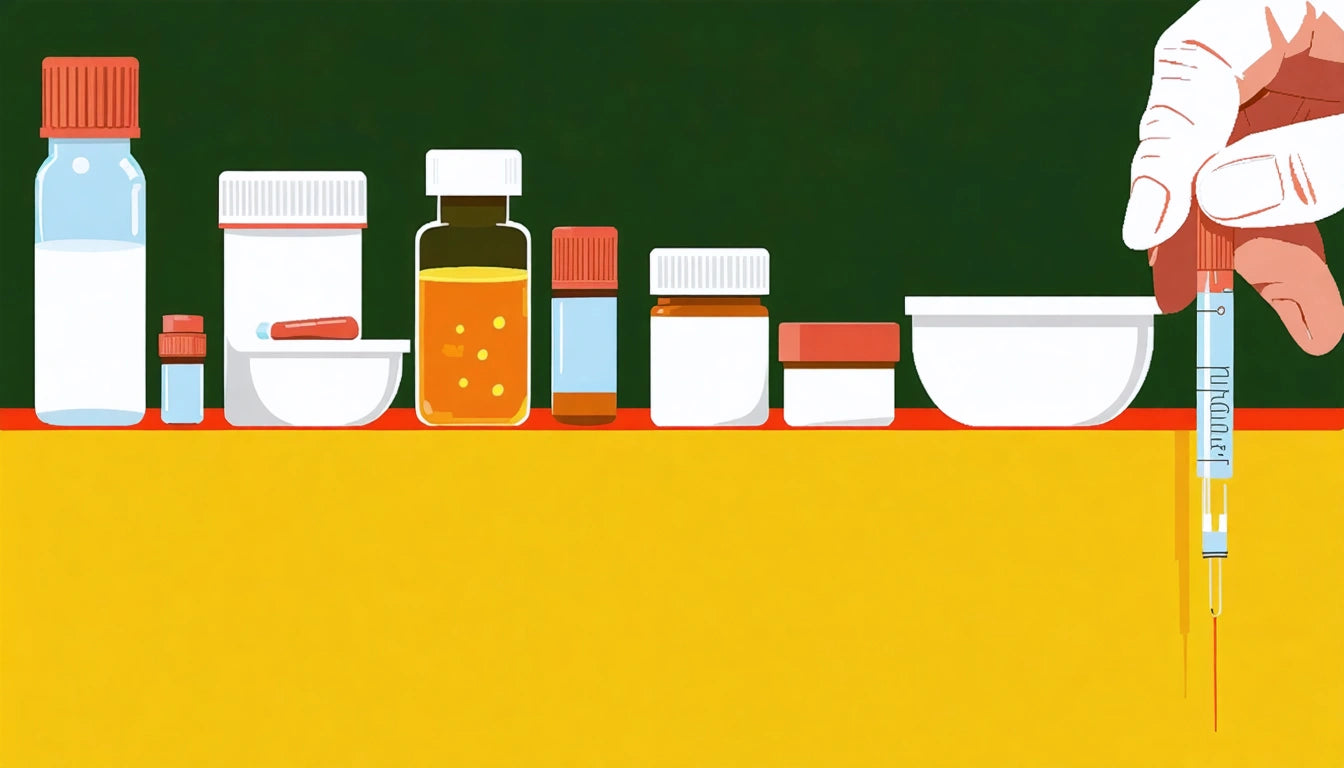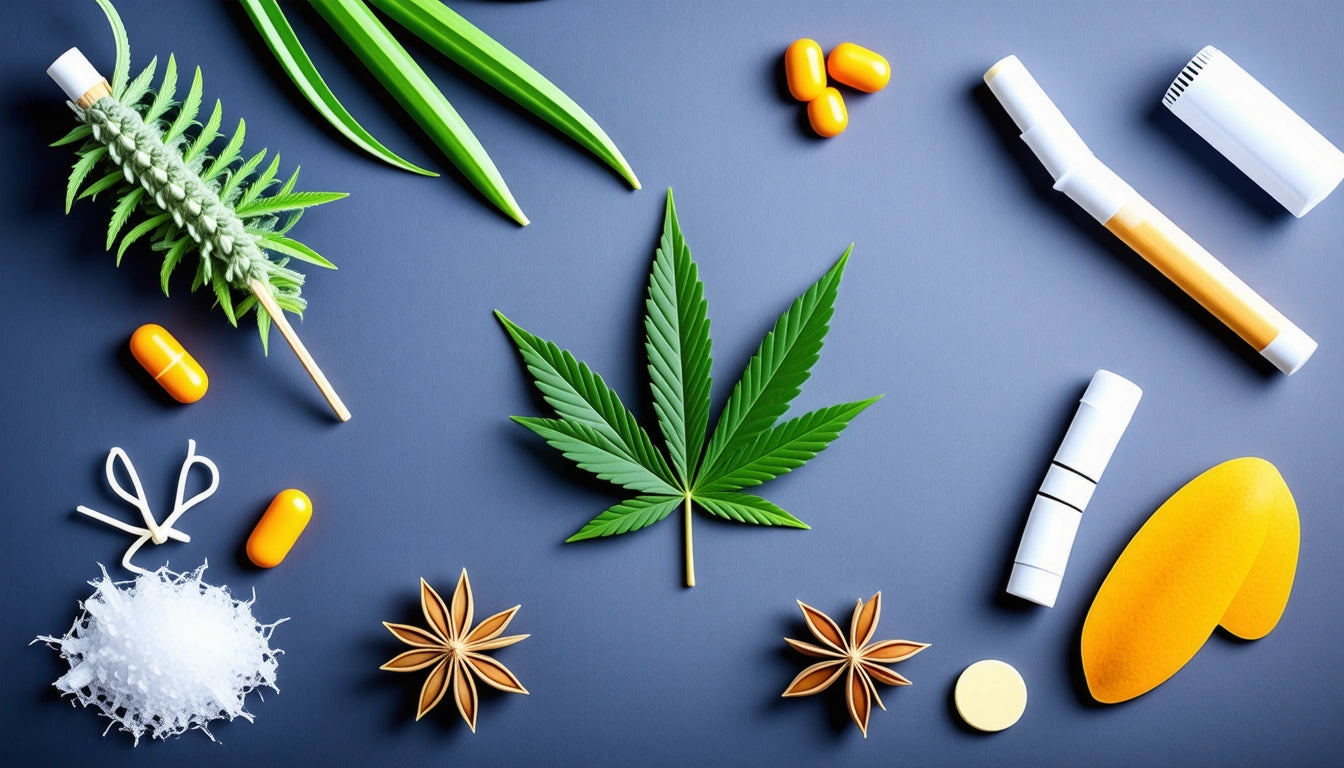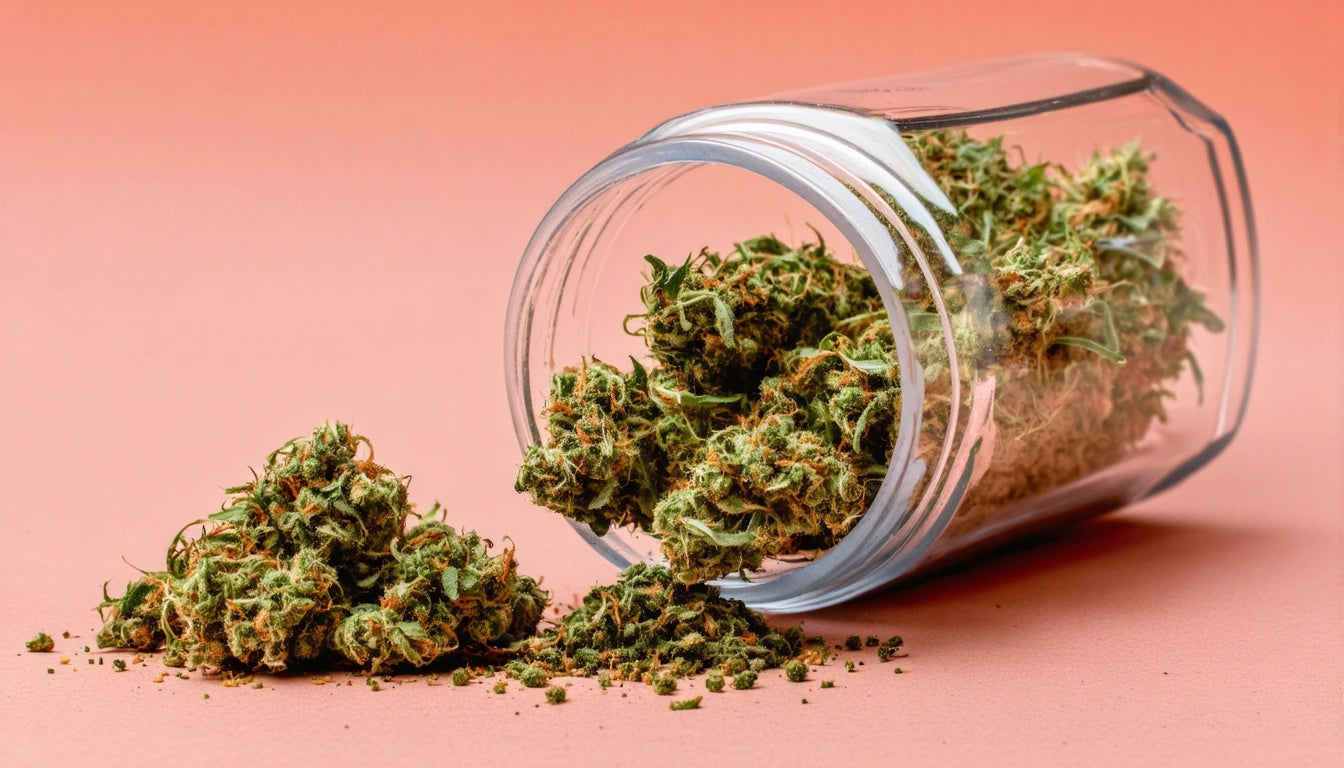Table of Contents
Common Causes of False Positive THC Test Results
False positive THC test results can have serious consequences, from employment issues to legal complications. Understanding what can cause a false positive for THC is crucial for anyone subject to drug testing. These misleading results occur when a test indicates the presence of THC when none was actually consumed, often due to cross-reactivity with other substances or testing errors.
Understanding False Positive THC Test Results
Drug tests typically screen for THC metabolites, primarily THC-COOH (carboxy-THC), which remains in the system long after the psychoactive effects have worn off. According to research on THC and carboxy-THC, these metabolites can be detected for varying periods depending on usage frequency and test type.
Standard immunoassay tests used for initial screening have a higher rate of false positives compared to confirmatory tests like gas chromatography-mass spectrometry (GC-MS). The initial screening tests work by detecting chemical structures similar to THC metabolites, which can lead to cross-reactivity with unrelated compounds.
Medications That Can Cause a Positive THC Test
Several prescription and over-the-counter medications can trigger what causes false positive for THC on urine tests:
- NSAIDs (Non-Steroidal Anti-Inflammatory Drugs): Ibuprofen, naproxen, and other common pain relievers can sometimes cause false positives, especially in higher doses
- Proton Pump Inhibitors: Medications like pantoprazole used for acid reflux
- Antipsychotics: Quetiapine, risperidone, and similar medications
- HIV Medications: Efavirenz (Sustiva) has a particularly high rate of false positives
- Antihistamines: Some allergy medications containing promethazine
- Antidepressants: Sertraline, fluoxetine, and trazodone in some cases
These medications can give a false positive for THC because their molecular structures or metabolites may be similar enough to THC-COOH to trigger the antibodies used in immunoassay tests.
Foods and Supplements That Trigger False Positives
What can cause a false positive THC urine test beyond medications? Several common foods and supplements have been implicated:
- Hemp Seeds and Hemp Oil: Though they contain minimal THC, concentrated amounts in supplements might trigger a positive
- CBD Products: Full-spectrum CBD products may contain trace amounts of THC
- Poppy Seeds: More commonly associated with opiate false positives but can affect some THC tests
- Yerba Mate: Some teas have shown cross-reactivity
- B Vitamin Supplements: Particularly riboflavin (B2) in some test formats
For businesses handling cannabis products, proper storage solutions like high-quality mylar bags can prevent cross-contamination that might lead to unexpected exposure to THC in non-cannabis products.
Testing Methods and Their Accuracy
Different testing methods have varying rates of false positives:
- Urine Tests: Most common but have the highest false positive rates
- Blood Tests: More accurate but have a shorter detection window
- Hair Tests: Can detect longer-term use but may be affected by environmental contamination
- Saliva Tests: Becoming more common but can be affected by mouth contaminants
According to research on THC in blood tests, these tests typically have lower false positive rates than urine tests but may still be affected by certain medications and conditions.
Preventing False Positive Results
To reduce the risk of what can cause false positives for THC:
- Inform testing facilities about all medications and supplements you take
- Avoid CBD products before testing, even those labeled "THC-free"
- Request confirmation testing if an initial test is positive
- Maintain documentation of your prescriptions
- Consider temporarily discontinuing non-essential supplements before testing (with doctor approval)
For those concerned about preventing false positive results, being proactive about disclosure and understanding testing limitations is essential.
How to Challenge a Suspected False Positive
If you receive what you believe is a false positive THC result:
- Request a confirmation test using GC-MS or LC-MS technology
- Provide a complete list of medications, supplements, and foods consumed
- Obtain a letter from your physician about prescribed medications
- Consider requesting a different testing method (blood vs. urine)
- Document the chain of custody for your sample
Understanding what gives a false positive for THC empowers individuals to advocate for themselves when facing questionable test results. While concerns about THC and health issues like "can THC cause schizophrenia" are separate from testing accuracy, comprehensive information about both topics helps provide context for testing requirements.
False positives remain a significant issue in drug testing, particularly for THC. With improved testing methods and greater awareness of what causes these errors, individuals can better protect themselves from inaccurate results and their consequences.











Leave a comment
All comments are moderated before being published.
This site is protected by hCaptcha and the hCaptcha Privacy Policy and Terms of Service apply.